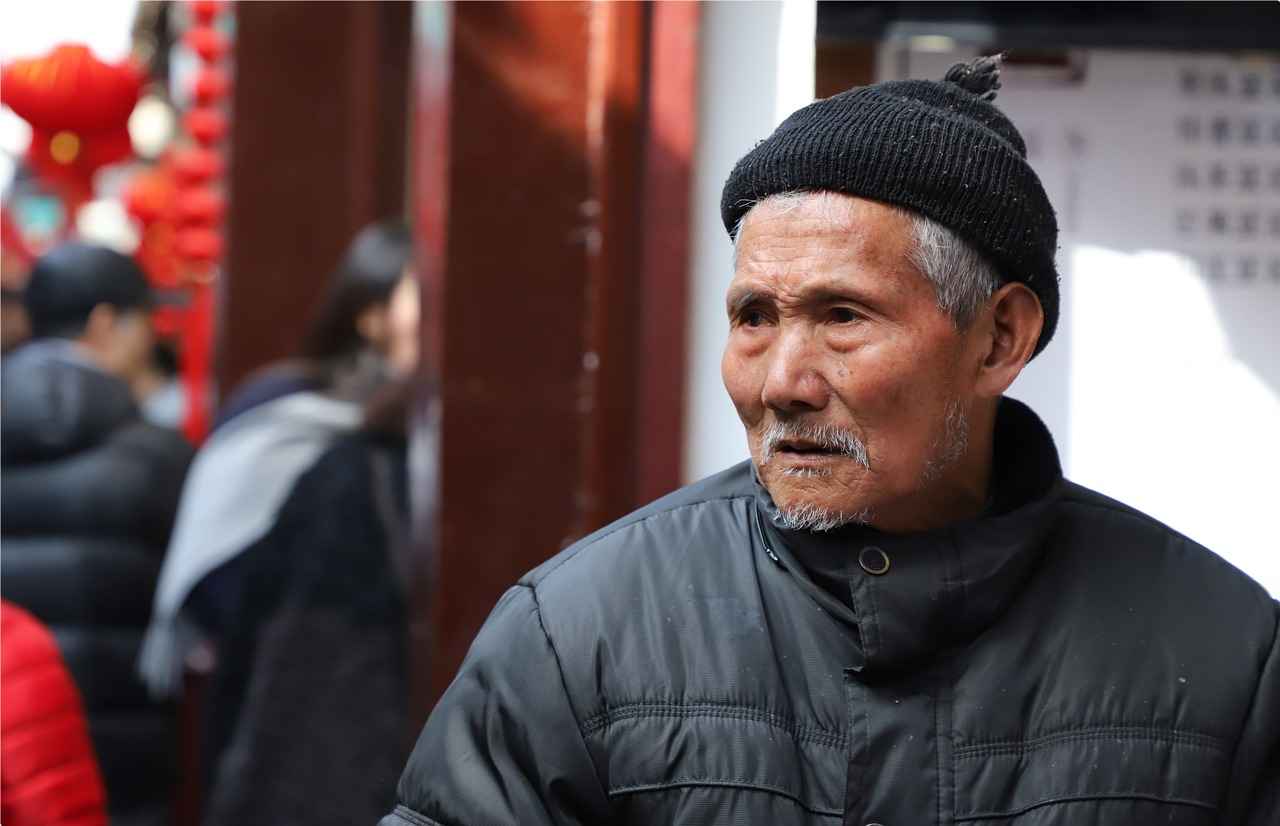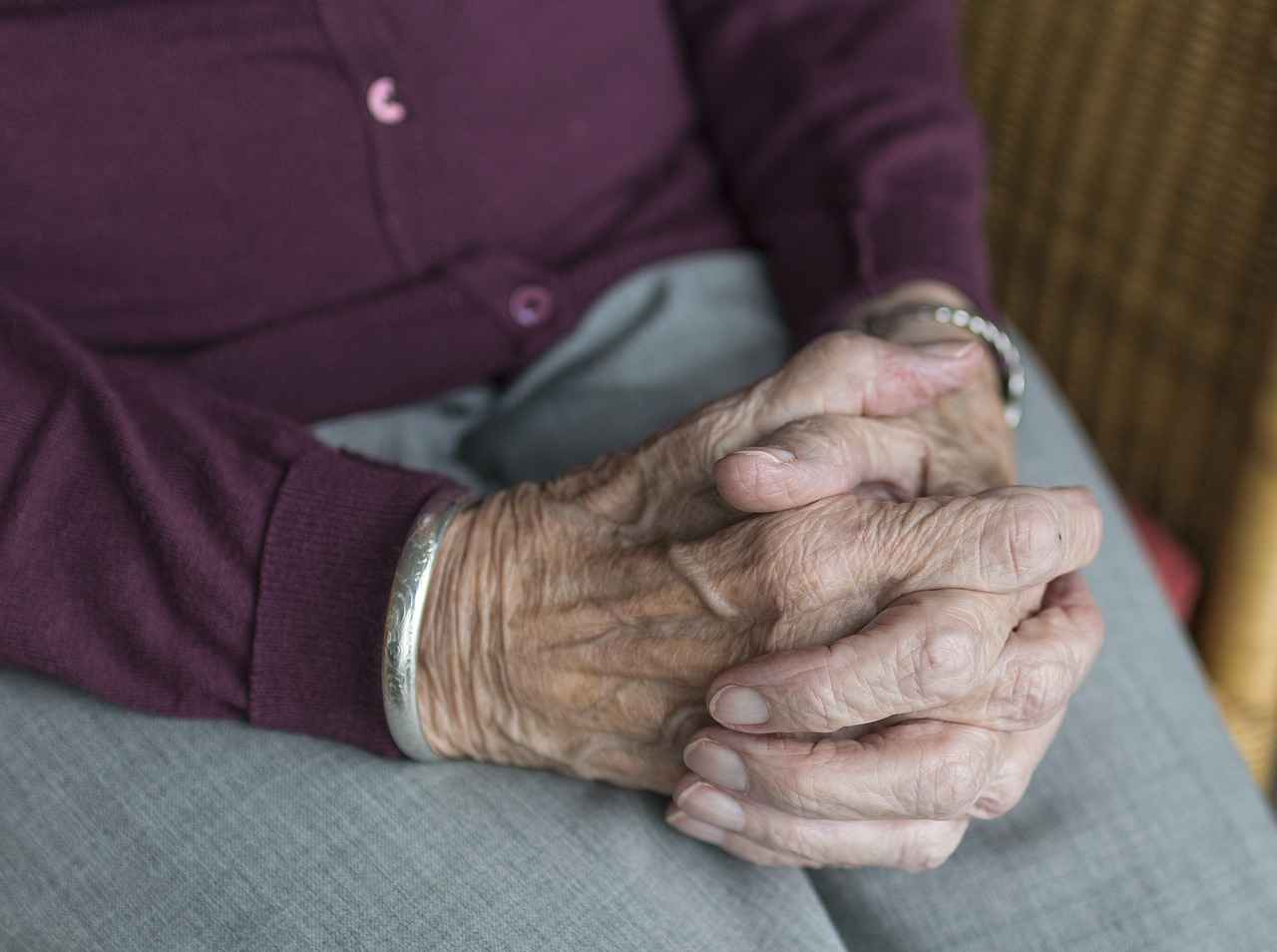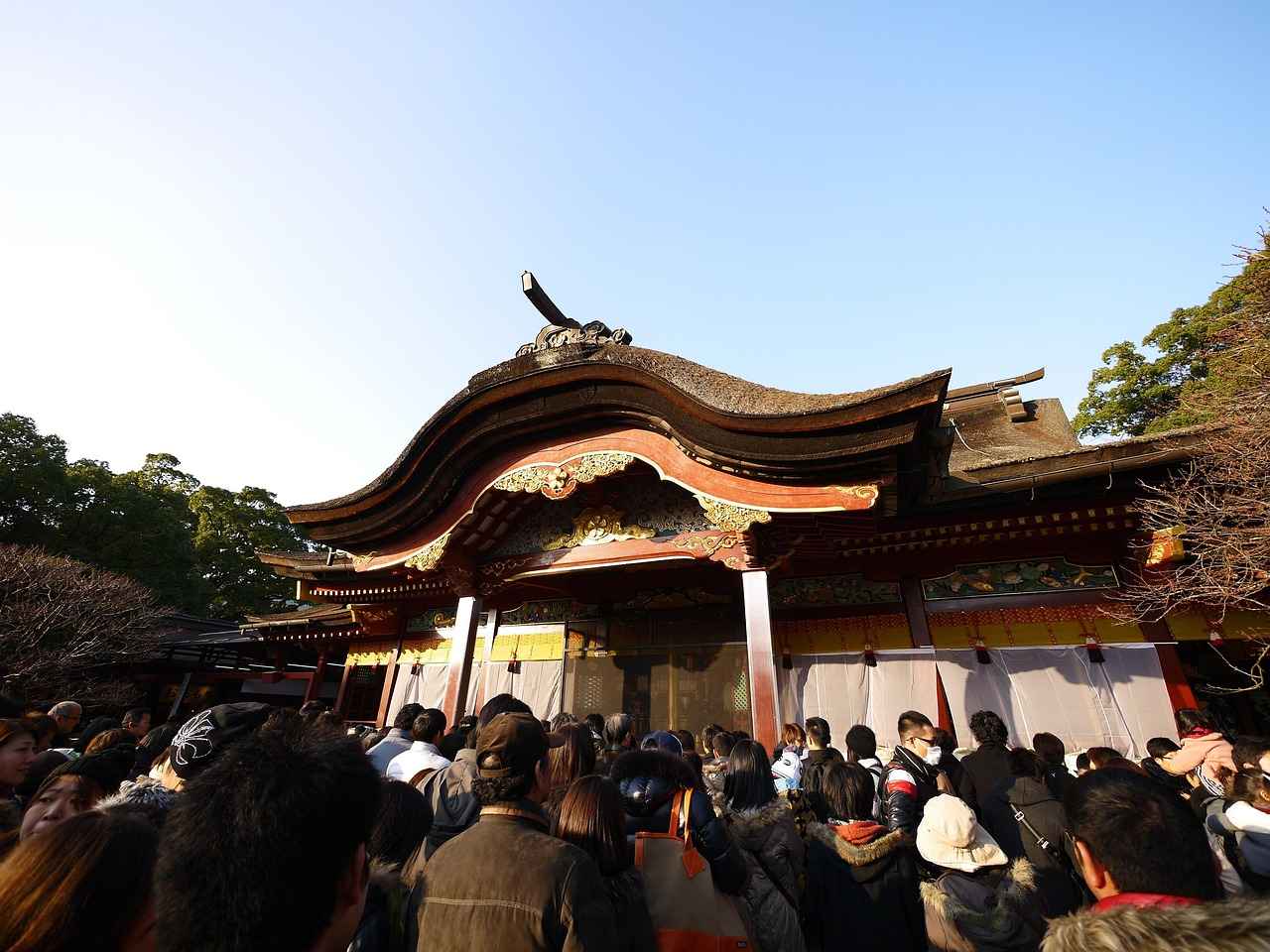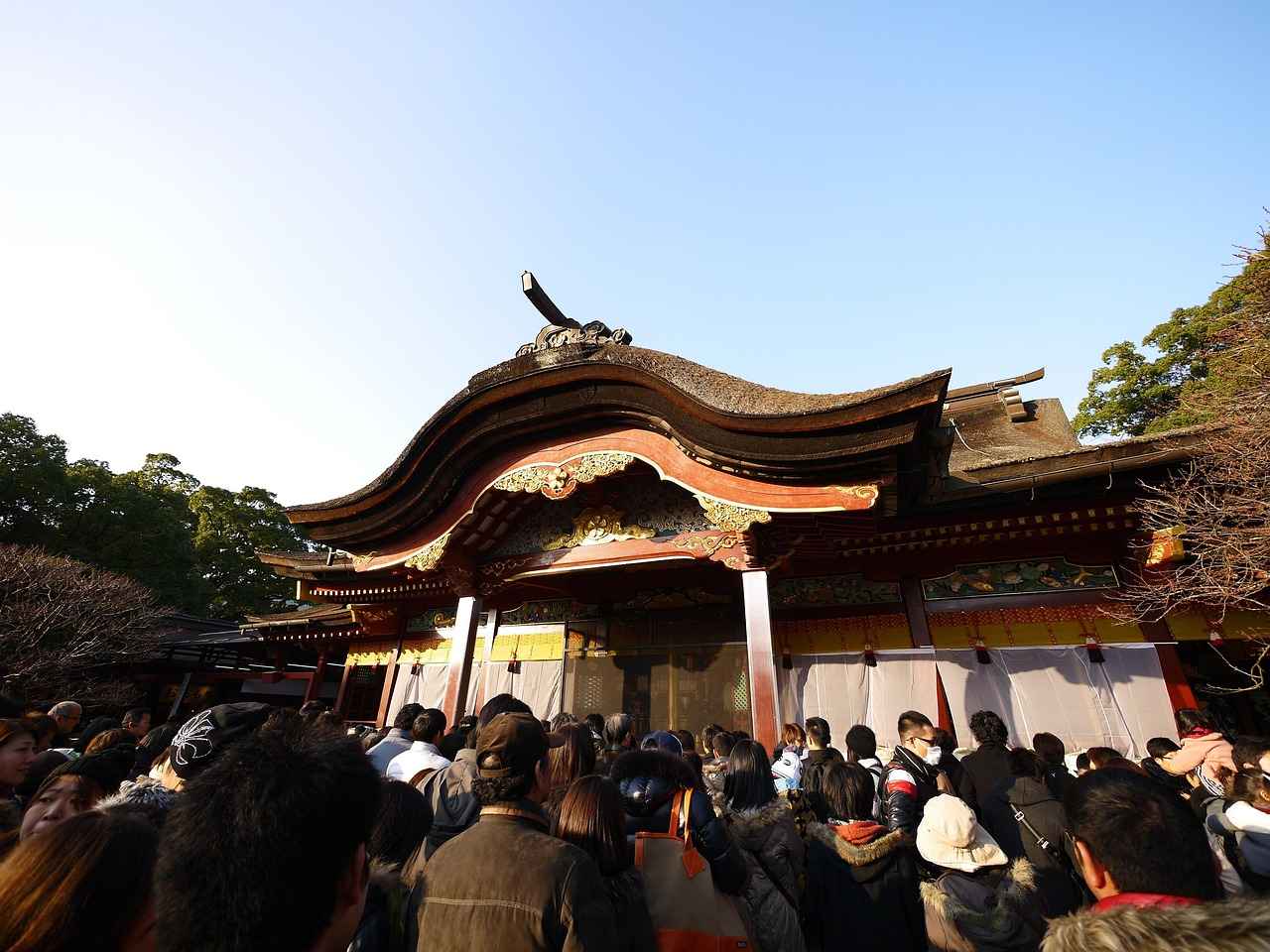This article explores the intricacies of Hachiman Hikigaya‘s character in the anime Oregairu, focusing on how his cynicism resonates with audiences and enhances his relatability.
Understanding Hachiman’s Cynicism
Hachiman’s cynical outlook is deeply rooted in his past experiences, which shape his interactions and relationships throughout the series. His worldview is characterized by a profound skepticism towards social norms and a belief that people often act out of self-interest. This section delves into the origins of his cynicism and its significant impact on his character development.
The Role of Isolation in Hachiman’s Life
Isolation is a recurring theme in Hachiman’s journey. His self-imposed loneliness not only influences his perspective but also affects his interactions with others. By examining his character arc, we can see how this isolation serves as both a shield and a barrier, complicating his relationships.
- Impact of Past Experiences: Key events from Hachiman’s past contribute to his cynical nature, shaping his distrust and reluctance to form connections.
- Failures and Betrayals: Specific incidents of failure and betrayal reinforce his cynical beliefs, illustrating the pain that fuels his distrust of others.
- Defensive Mechanisms: Hachiman uses cynicism as a defense against emotional pain, which simultaneously protects and isolates him.
Interactions with Other Characters
Hachiman’s relationships with friends and rivals highlight the complexity of his character. His cynicism often leads to conflict, yet it also facilitates personal growth, showcasing the duality of his interactions.
Relatability of Hachiman’s Character
Many viewers find Hachiman relatable due to his struggles, which mirror real-life challenges faced by teenagers. His experiences with loneliness and identity resonate deeply with audiences.
- Realistic Portrayal of Teenage Struggles: Hachiman’s challenges reflect common adolescent issues, making his character a relatable figure for many.
- Finding Humor in Cynicism: His humor serves as a coping mechanism, allowing viewers to connect with him on a personal level, even amidst his darker thoughts.
In conclusion, Hachiman Hikigaya’s character is a complex blend of cynicism and relatability. His struggles and humor resonate with many, making him a compelling figure in Oregairu.

Understanding Hachiman’s Cynicism
Hachiman Hikigaya, the protagonist of the anime Oregairu, is often seen through the lens of his cynical worldview. This perspective is not merely a character trait; it is a complex reflection of his past experiences and the way he interacts with the world around him. Hachiman’s cynicism is rooted in a series of formative events that have shaped his beliefs about trust, relationships, and the nature of human interactions.
At the core of Hachiman’s cynicism lies a history of disappointment and betrayal. Throughout his early years, he faced numerous instances where his expectations of friendship and loyalty were shattered. These experiences led him to adopt a defensive stance, viewing the world with skepticism. He believes that most people are inherently selfish, which isolates him from forming genuine connections with others. This isolation not only reinforces his cynical outlook but also becomes a barrier to his personal growth.
Hachiman’s interactions with peers further illustrate the impact of his worldview. His tendency to push others away stems from a fear of vulnerability. He often employs sarcasm and humor as coping mechanisms, masking his deeper insecurities. This behavior can be seen as a double-edged sword; while it protects him from emotional pain, it also prevents him from experiencing the joys of meaningful relationships.
Moreover, Hachiman’s character development is intricately tied to his cynicism. As the series progresses, he begins to confront his beliefs and the consequences of his isolation. Through interactions with characters who challenge his worldview, he gradually learns the value of trust and connection. This evolution highlights a critical theme in Oregairu: the struggle between self-preservation and the desire for companionship.
In conclusion, Hachiman’s cynicism is a multifaceted aspect of his character that stems from his past. It shapes his interactions, influences his relationships, and ultimately drives his character arc. Understanding this cynicism provides deeper insights into his journey, making him one of the most relatable characters in contemporary anime.

The Role of Isolation in Hachiman’s Life
Isolation is a defining element in Hachiman Hikigaya’s character arc within the series Oregairu. His self-imposed loneliness is not merely a backdrop; it actively shapes his worldview and interactions with others. This isolation stems from a complex interplay of past experiences, personal beliefs, and emotional defenses.
Throughout the series, Hachiman’s choice to distance himself from social circles is a reflection of his cynicism. He believes that by remaining on the outskirts, he can avoid the pain that often accompanies relationships. This self-isolation leads to a skewed perception of social dynamics, as he often views interactions through a lens of distrust and skepticism. His cynical outlook is reinforced by his experiences of betrayal and failure, which have left him wary of forming deep connections.
Moreover, Hachiman’s isolation has profound implications for his character development. It serves as both a shield and a barrier. While it protects him from emotional vulnerability, it simultaneously prevents him from experiencing the warmth and support that friendships can provide. This duality creates a tension within him, as he yearns for connection yet fears the potential for hurt.
As the narrative unfolds, Hachiman’s interactions with other characters illustrate the complexities of his isolation. His relationships often begin with conflict, stemming from his cynical perspective. However, as he navigates these challenges, moments of growth emerge, revealing his ability to change and adapt. Through these interactions, Hachiman learns that isolation is not the answer; rather, it is the connections he forms that ultimately enrich his life.
In conclusion, Hachiman’s self-imposed isolation plays a crucial role in shaping his character. It influences his perspective, relationships, and growth throughout the series, making his journey all the more relatable to viewers who may have faced similar struggles.
Impact of Past Experiences
The character of Hachiman Hikigaya in Oregairu is profoundly shaped by his past experiences, which serve as the foundation for his cynical perspective on life. Understanding these experiences is crucial to grasping the complexities of his character and his interactions with others.
- Early Rejection: Hachiman’s journey begins with feelings of rejection during his middle school years. His attempts to connect with peers often ended in failure, leading him to believe that genuine friendships are unattainable. This early rejection fosters a deep-seated cynicism about social relationships.
- Academic Pressure: The relentless pursuit of academic excellence contributes to Hachiman’s isolation. The expectation to perform well creates a barrier between him and his classmates, reinforcing his belief that he is fundamentally different from others.
- Betrayal by Friends: A pivotal moment in Hachiman’s past is a betrayal by someone he considered a close friend. This incident solidifies his distrust and skepticism, making him wary of forming new relationships and leading him to adopt a defensive stance.
These experiences shape not only Hachiman’s worldview but also his interactions with his peers. His cynical outlook often manifests as sarcasm and detachment, which can alienate others, yet it also serves as a protective mechanism. Hachiman believes that by maintaining a distance, he can shield himself from further emotional pain.
As he navigates through high school, the weight of his past influences his relationships with characters like Yukino and Yui. Despite his cynical demeanor, these interactions reveal layers of vulnerability and a desire for connection, illustrating the internal conflict between his past experiences and his present aspirations.
In conclusion, Hachiman’s past plays an integral role in shaping his character. By exploring the impact of his experiences, we gain a deeper understanding of his cynicism and its effects on his relationships, making him a relatable figure for many viewers.
Failures and Betrayals
have been pivotal in shaping Hachiman Hikigaya’s worldview, leading him to develop a deep-seated distrust of others. These experiences not only influence his interactions but also serve as the foundation for his cynical beliefs. In this section, we will analyze specific incidents from Hachiman’s past that reinforce his skepticism and explore their implications for his character development.
One of the most significant events that contributed to Hachiman’s cynicism is his failure to establish meaningful connections during his middle school years. After a disastrous group project, where he was unfairly blamed for the team’s shortcomings, Hachiman learned that trust among peers is often fragile. This betrayal left a lasting mark, prompting him to adopt a defensive stance towards relationships, viewing them as potential sources of pain.
Another critical incident occurred during his interactions with his classmates, where he witnessed the betrayal of a close friend. This experience further solidified his belief that people are inherently self-serving, leading him to isolate himself from social situations. Hachiman’s perception of friendships as transactional rather than genuine is a direct result of these formative experiences.
Moreover, Hachiman’s cynical outlook is exacerbated by his keen observations of social dynamics. He often perceives the hidden motives behind people’s actions, which leads him to question their intentions. This skepticism not only alienates him from others but also reinforces his belief that vulnerability is a weakness to be avoided. As a result, Hachiman becomes trapped in a cycle of self-imposed isolation, where he struggles to break free from the very mindset that protects him from emotional pain.
In conclusion, the failures and betrayals in Hachiman’s life are crucial in understanding his character. They shape his interactions, reinforce his cynical worldview, and ultimately lead him to a path of isolation. By examining these incidents, we gain insight into the complexities of Hachiman’s character, making him one of the most relatable figures in Oregairu.
Defensive Mechanisms
Hachiman Hikigaya, the protagonist of the anime Oregairu, is a character defined by his unique approach to life, particularly through his use of cynicism as a defense mechanism. This coping strategy serves as a double-edged sword, allowing him to shield himself from emotional pain while simultaneously creating barriers that prevent him from forming meaningful connections with others.
At the core of Hachiman’s cynicism lies a profound fear of vulnerability. Past experiences, marked by failures and betrayals, have instilled in him a belief that genuine connections are fraught with disappointment. This belief leads him to adopt a sarcastic and often pessimistic outlook on relationships. His sharp wit and cynical remarks may provide a sense of control, but they also alienate those around him, making it difficult for him to engage in deeper emotional bonds.
Moreover, Hachiman’s cynicism acts as a protective shield, allowing him to navigate social situations with a sense of detachment. By ridiculing the norms of social interactions, he distances himself from potential hurt. However, this self-imposed isolation often leaves him feeling alone and misunderstood. The irony of his situation is that while he seeks to avoid emotional pain, he ultimately ends up isolated and longing for connections he believes are unattainable.
Throughout the series, viewers witness Hachiman grappling with his defensive mechanisms. His interactions with other characters highlight the internal conflict between his desire for acceptance and his fear of rejection. As he navigates these complexities, it becomes evident that his cynicism, while a shield, also serves as a barrier to the genuine relationships he secretly craves.
In conclusion, Hachiman’s use of cynicism as a defense mechanism underscores the intricate balance between self-protection and the innate human desire for connection. His journey serves as a poignant reminder of the challenges many face in expressing vulnerability and the importance of overcoming the barriers that prevent meaningful relationships.
Interactions with Other Characters
Hachiman’s relationships with other characters in Oregairu provide a fascinating lens through which to explore his character’s complexity. His inherent cynicism often acts as a double-edged sword, influencing his interactions with both friends and rivals. This section delves into how his cynical outlook fosters conflict yet simultaneously paves the way for personal growth.
Hachiman’s interactions are marked by a tension that stems from his distrust of others. For instance, his relationship with Yukino Yukinoshita is fraught with misunderstandings and confrontations, largely due to Hachiman’s defensive nature. He often misinterprets her intentions, leading to moments of conflict that highlight his struggle to connect on a deeper level. However, these conflicts also serve as pivotal moments for growth, as they challenge Hachiman to confront his biases and reevaluate his perceptions of friendship.
Conversely, his bond with Yui Yuigahama showcases a different facet of his cynicism. Yui’s unwavering optimism often clashes with Hachiman’s bleak worldview, creating a dynamic where both characters learn from each other. Hachiman’s interactions with Yui reveal his capacity for empathy, even when masked by his sardonic humor. This relationship illustrates that beneath his cynical exterior lies a desire for genuine connection, albeit one he struggles to articulate.
In moments of rivalry, particularly with characters like Hiratsuka-sensei, Hachiman’s cynicism drives him to challenge authority and question societal norms. These interactions serve as a catalyst for his development, pushing him to confront his own shortcomings and the implications of his worldview. As he navigates these complex relationships, Hachiman’s character evolves, showcasing a journey filled with both conflict and profound personal growth.
Ultimately, Hachiman’s relationships with others reveal the intricacies of his character. His cynicism, while often isolating, also serves as a mechanism for engagement, prompting both conflict and growth as he learns to navigate the complexities of human connection.

Relatability of Hachiman’s Character
Hachiman Hikigaya, the protagonist of the anime Oregairu, embodies a complexity that resonates deeply with many viewers. His struggles, marked by a profound sense of cynicism and isolation, make him a character that audiences can easily connect with on a personal level.
- Realistic Portrayal of Teenage Struggles: Hachiman’s experiences reflect the real-life challenges faced by many teenagers today. From issues of loneliness to the quest for identity, his journey mirrors the common adolescent struggles that shape young adults.
- Finding Humor in Cynicism: One of the most engaging aspects of Hachiman’s character is his ability to find humor even in his dark thoughts. His witty remarks provide a sense of levity, making his cynical outlook more relatable. This coping mechanism allows viewers to appreciate his struggles while also laughing along with him.
- Complex Relationships: Hachiman’s interactions with friends and rivals reveal his multifaceted personality. His cynicism often leads to misunderstandings and conflicts, yet it also fosters moments of growth and connection. These dynamics illustrate the reality of navigating relationships during adolescence.
- Defensive Mechanisms: Hachiman’s use of cynicism as a shield against emotional pain is a poignant aspect of his character. While it protects him from vulnerability, it also isolates him from forming genuine connections, a struggle that many viewers can empathize with.
In conclusion, Hachiman Hikigaya stands out as a profoundly relatable character in Oregairu. His blend of cynicism, humor, and complex relationships resonates with audiences, making his journey not just a story of personal growth, but a reflection of the challenges faced by many in their own lives.
Realistic Portrayal of Teenage Struggles
The portrayal of Hachiman’s challenges in the anime Oregairu serves as a poignant reflection of the real-life struggles faced by many teenagers today. His journey is not just a fictional narrative; it resonates deeply with the experiences of adolescents grappling with their own identities and feelings of isolation.
Throughout the series, Hachiman navigates a labyrinth of emotions that many young people can relate to. Loneliness is a recurring theme in his life, as he often feels disconnected from his peers. This sense of isolation is a common issue among teenagers, who may struggle to find their place in social circles. Hachiman’s experiences highlight how this loneliness can lead to feelings of inadequacy and self-doubt, which are prevalent during the formative years of adolescence.
Moreover, Hachiman’s quest for identity mirrors the search that many teenagers undertake as they transition into adulthood. He often questions his values, beliefs, and the roles he plays in the lives of those around him. This internal conflict is a universal experience; many teenagers grapple with understanding who they are and how they fit into the world. Hachiman’s cynicism, while often serving as a defense mechanism, also reveals his vulnerability and desire for genuine connections.
In addition to loneliness and identity, Hachiman’s interactions with others reflect the complexities of teenage relationships. His struggles with trust and communication are indicative of the challenges many face when forming meaningful bonds. The portrayal of these dynamics in Oregairu offers a realistic glimpse into the emotional turbulence that often accompanies adolescence.
Ultimately, Hachiman’s character resonates because he embodies the real struggles of being a teenager. His journey through loneliness, identity crises, and the quest for connection serves as a mirror to the experiences of many young viewers, making him a remarkably relatable character in the world of anime.
Finding Humor in Cynicism
is a theme that resonates deeply with many viewers of Oregairu, particularly through the character of Hachiman Hikigaya. His unique blend of humor and cynicism not only serves as a coping mechanism but also makes his struggles more relatable to audiences. In moments of despair or frustration, Hachiman often resorts to sharp, witty remarks that provide a momentary escape from the weight of his emotional burdens.
Throughout the series, there are several instances where Hachiman’s humor shines, revealing the layers of his personality. For example, during awkward social situations, he often uses sarcasm to deflect tension. This not only lightens the mood but also showcases his intelligence and quick thinking. Such moments illustrate how humor can be a powerful tool for navigating the complexities of interpersonal relationships.
Moreover, Hachiman’s cynical outlook often leads to humorous observations about the world around him. He frequently comments on the absurdities of teenage life, offering insights that many can relate to. These observations are not just funny; they also reflect his deeper understanding of the struggles faced by his peers. In a way, his cynicism becomes a bridge that connects him to others, even if he struggles to form genuine connections.
Additionally, Hachiman’s humor serves to highlight the contrast between his internal struggles and outward demeanor. While he often feels isolated and misunderstood, his witty remarks can draw laughter from those around him, creating a paradox that many viewers find compelling. This duality makes him a fascinating character, as it reflects the complexities of human emotion—how one can feel deeply troubled yet still find moments of joy and levity.
In conclusion, Hachiman Hikigaya’s ability to find humor in his cynicism not only enriches his character but also enhances the relatability of his journey. His wit provides a necessary balance to the darker themes of the series, reminding viewers that even in the depths of struggle, laughter can be a powerful ally.
